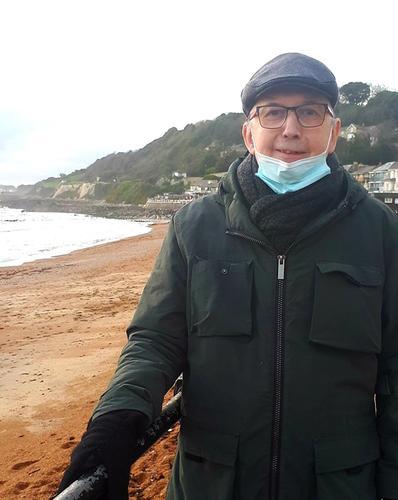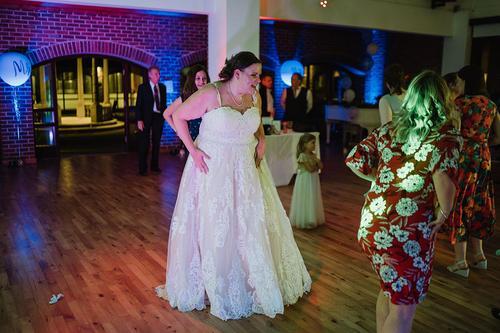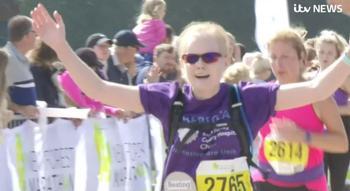Michael's story

Michael was receiving treatment for cancer of the tongue and had several serious further complications, battling through against the odds. He worked with dietitian Jennifer Van-Zant on his recovery, with the added challenge of the pandemic.
“Due to having cancer on the tongue and subsequently having dysphagia, I got to the stage where I could not eat or drink. I became undernourished and dehydrated as a result. I was in hospital for approximately three months due to cancer treatment and complications, and during that time, I had a Nasogastric Tube (NG) inserted, for about seven months.
“After contracting sepsis during my hospital stay, I was rushed into Critical Care, when I was put on a ventilator as my body started shutting down. My organs were failing and my bowel was disintegrating, and my wife and daughter were told that I wouldn't survive. However, I recovered after a week in CCU, and was transferred back to a ward and then carried on with my cancer treatment.
“When I was finally able to go home, I then had to attempt to drink and eat after a few months. Jennifer became my dietitian, where she advised myself and my wife on how to proceed and what to drink and eat. Because it was during the pandemic, our contact was via telephone and email, but Jennifer was amazing; so helpful. She talked us through the process, gave us advice, and suggested different drinks and soft foods to try. She regularly emailed or phoned to see how I was doing, to check on my weight, on my general wellbeing, and emailed my wife samples of different foods, milkshake drinks, sample meals for me to try.
“Jennifer also arranged with our GP the supply of sip feeds for me to drink, to build myself up. There were several errors made in the beginning with the prescription, between our GP surgery and the chemist, however, Jennifer sorted these out by sending letters to the GP and breaking down the dosages/bottle sizes.
“After a while of me using the drinks, it became apparent that I was unable to consume enough calories, so Jennifer suggested alternatives. She also sent us samples for me to try. When we had face to face appointments with Jennifer at the hospital, she always sent follow up emails with more suggestions, with more meal plans to help with my recovery.
“Jennifer regularly gave us advice and ideas on how to proceed with my attempts at drinking and eating, and offered continuous encouragement. We were able to contact her via telephone or email, any time we needed her help or advice. When we spoke to or met Jennifer face to face for appointments, she came across so lovely, so helpful and encouraging.”






